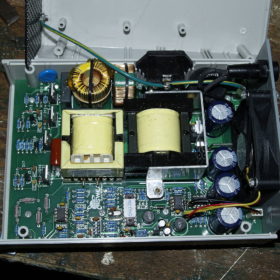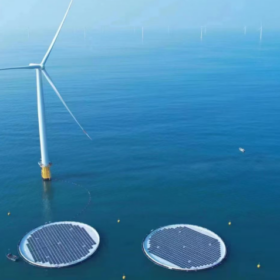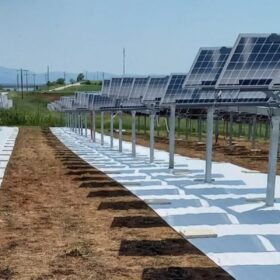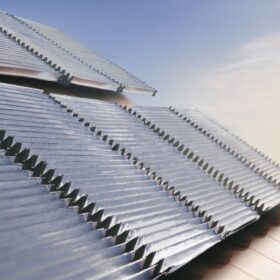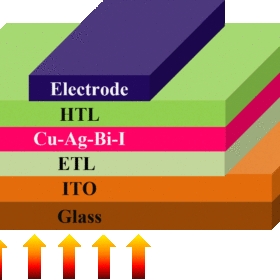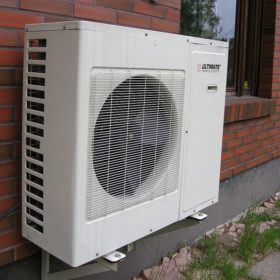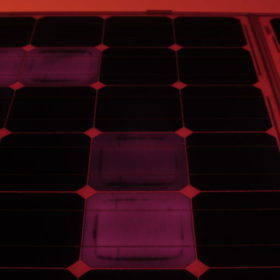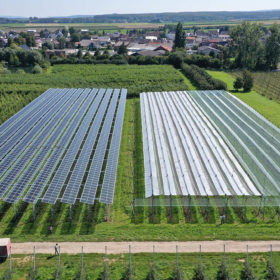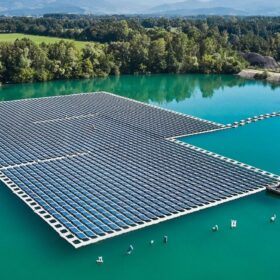Impact of solar module soiling on grid-forming inverters
New research from Serbia claims air-polluted urban climatic conditions may not only induce maximum power point (MPP) tracking problems in PV systems but also reduce power yield by up to 30%. The scientists also said that soiling may significantly affect the functionality of single-stage inverters operating in grid-forming mode.
Offshore floating vs. land-based PV systems
A group of researchers from Utrecht University analyzed offshore floating photovoltaic (OFPV) systems to determine reasons for enhanced performance compared with land-based systems. Out of their research, the team developed two regression models to help predict yield advantages when siting projects.
Developer using membranes to increase bifacial solar module yield by 6.4%
Germany-based Solar Kapital has used membranes at three of its PV plants in Greece. It claims that the payback time of the new solution is relatively short.
Solar-driven photoreactors to generate hydrogen on rooftops
Scientists led by the Karlsruhe Institute of Technology have designed panel-like photoreactors relying on a water-splitting photocatalyst that could produce hydrogen on rooftops or dedicated solar farms. They claim the photoreactors have high economic potential because of their ‘extremely’ low costs.
New attempt to build solar cells based on copper silver bismuth iodide
A Bangla-Japanese research group has built a copper silver bismuth iodide (CABI) PV device using an unexplored CABI compound. The scientists applied a mixed solvent-based hot-casting technique to improve the surface morphology of the CABI film and increase the cell efficiency.
The Hydrogen Stream: Northern Europe can produce green hydrogen
Finnish researchers have said in a new report that northern European countries could produce cheap hydrogen domestically, while TotalEnergies, Schneider Electric and other companies signed new hydrogen project deals.
New research claims PV-linked residential heat pumps offer short payback periods in northern China
A British research group has investigated the economic feasibility of solar-powered heat pumps in China and has found that the country’s northern regions offer the lowest payback time of less than three years. As for the country’s southern regions, however, the adoption of PV-linked heat pumps was found to be “uneconomical.”
Thirty years of photovoltaic module degradation
Scientists in Europe have put together a comprehensive guide to PV module degradation, examining literature and case studies on the topic as far back as the 1990s. Their paper details the primary stress factors faced by modules in the field, the most common modes of degradation and failure, and provides clear definitions relevant to reliability, quality and testing standards. Among their key findings is that a full understanding of how combinations of different stresses over varying timeframes is still missing from methods to estimate and improve system reliability.
SolarPower Europe releases new guidelines for agrivoltaics
SolarPower Europe’s new guidelines for agrivoltaics are designed to support project developers, scientific institutions, and policymakers in developing agrivoltaic schemes. The PV trade body presents business cases from different European countries and shares best practices for O&M and engineering, procurement, and construction (EPC).
Impact of floating photovoltaics on thermal characteristics of lakes
A new study details how floating photovoltaics impact wind flow and irradiance on lakes, with the effect of influencing water temperature at different depths. However, the report’s authors say more research is needed on how to design systems for maximum benefit to the water bodies themselves.
